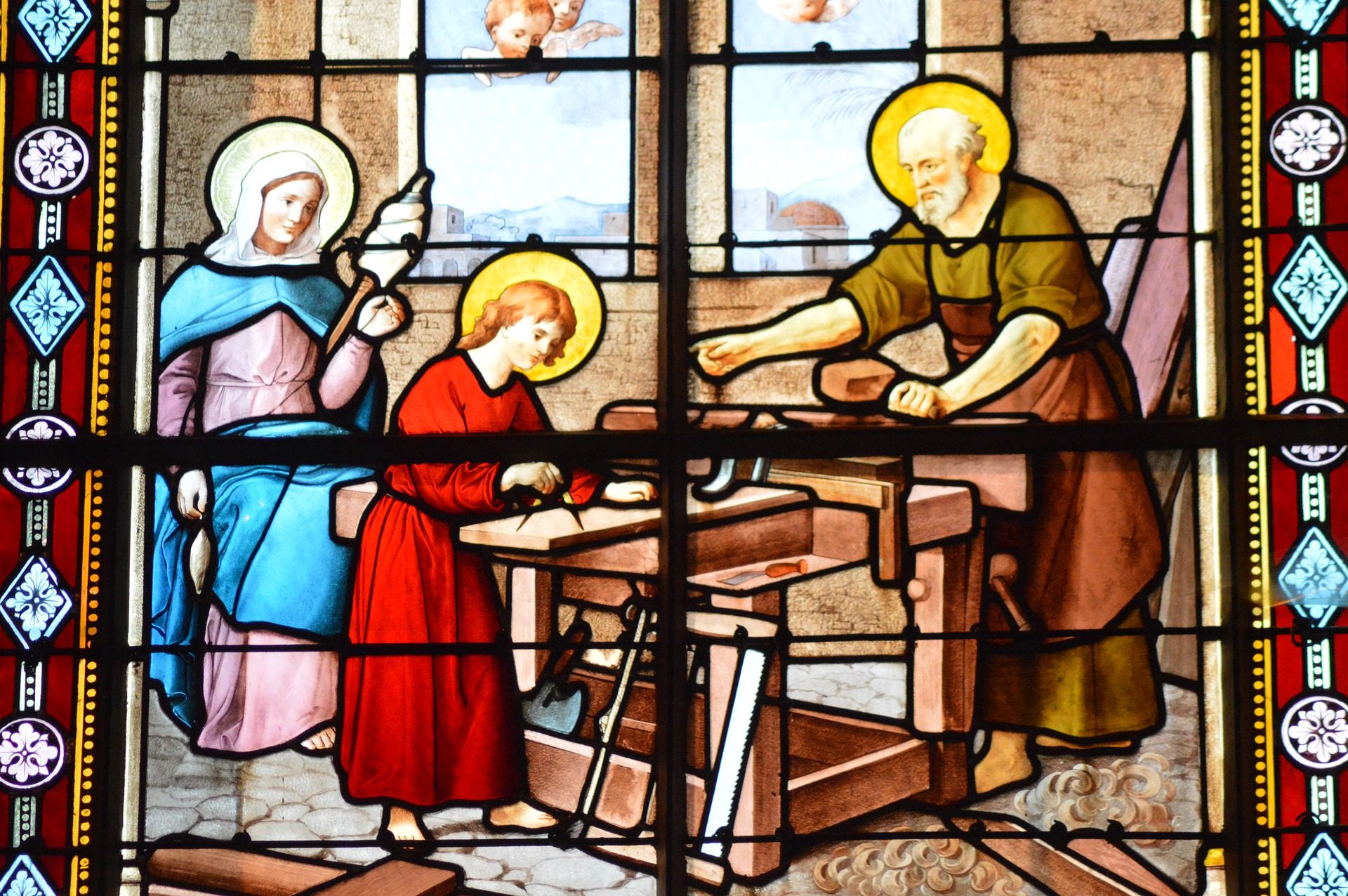

On that first Christmas morning, very quietly and very humbly, God entered the world. He was born into a family that had no power, no wealth, and no influence. They could not even arrange a decent place for His actual birth. This would not seem to be a great start for one who came to transform the world.
Use your imagination for a minute. If God gave you the task of creating a life, any life, for your son or your daughter, that would enable them to have a huge influence on the world, what would you choose? Assume you can determine their giftedness, their achievements, their wealth. What would you chose? President of the United States? King of England? Chief Justice of the Supreme Court? Senator? President of Apple? A rock star, a movie star, an Academy Award winner, Heisman trophy winner? What would you choose?
Most of us would choose for them power and influence, some type of celebrity status, a mover and shaker, a person of substance whose character, opinions, and actions extended deeply into the world of commerce and politics.
I ask that because this is what God could have easily provided for Jesus. He could have put him in a wealthy Roman household, or in Athens, where all the scholarly influence resided.
God could have given Jesus every advantage you would want in life, but instead he was born and lived in the most desolate part of the Roman Empire called Palestine. He lived a very quiet life with his parents for thirty years as a carpenter. He left almost no traces of himself on earth, and he never owned any belongings or possessions that could be enshrined in a museum. He never wrote anything. He allowed himself to be taken into custody. He was mocked, beaten, spat upon, and then, stripped naked in front of a massive crowd. He then was taken to the cross and was crucified between two criminals for all the world to see.
And he asked God the father to forgive those who executed him and then was buried in a tomb. Yet somehow Jesus and his small following have produced the dominant faith in Western civilization. How do you explain this?
Philip Yancey wrote in one of his books about the life of French philosopher and anthropologist Rene Girard, who was a very accomplished man. He ended his career as a distinguished professor at Stanford. At a certain point in his studies and research, Girard began to notice that a cavalcade of liberation movements from the abolition of slavery, women’s suffrage, the Civil Rights movement, women’s rights, minority rights, human rights had gathered speed in the twentieth century. The trend mystified Girard because he found nothing comparable in his readings in ancient literature. Through further research, Girard traced this phenomenon back to the historical figure of Jesus.
It struck Girard that Jesus’ story cuts against the grain of every heroic story from its time. Indeed, Jesus chose poverty and disgrace. He spent his infancy as a refugee. He lived in a minority race under a harsh regime. He died a prisoner. From the very beginning, Jesus took the side of the underdog, the poor, the oppressed, the sick, the marginalized. His crucifixion, Girard concluded, introduced a new plot to history. The victim becomes a hero by being a victim. Girard recognized that two thousand years later the reverberations from Christ’s life have not stopped. And yet, ironically, at the center of the Christian faith, hangs a suffering Christ on the cross, dying in shame, for all the world to see.
And to the shock and consternation of his friends and secular colleagues, Girard announced that he had become a Christian because of the unexplainable life of Christ.
Jesus did not impact the world with power and wealth, nor did He seek to set up a worldly kingdom. He did not employ any of the means that lead to human greatness. Instead, He chose the path of humility, which is clearly what God desires for each of us.
Add grace and understanding to your day with words from Richard E. Simmons III in your inbox. Sign-up for weekly email with the latest blog post, podcast, and quote.

Bulk discounts for 25 or more books! Call 205-789-3471 for prices.
For local orders in the Birmingham, AL area, enter Promo Code LOCAL at checkout to save shipping. We will email you when your order is ready for pickup.